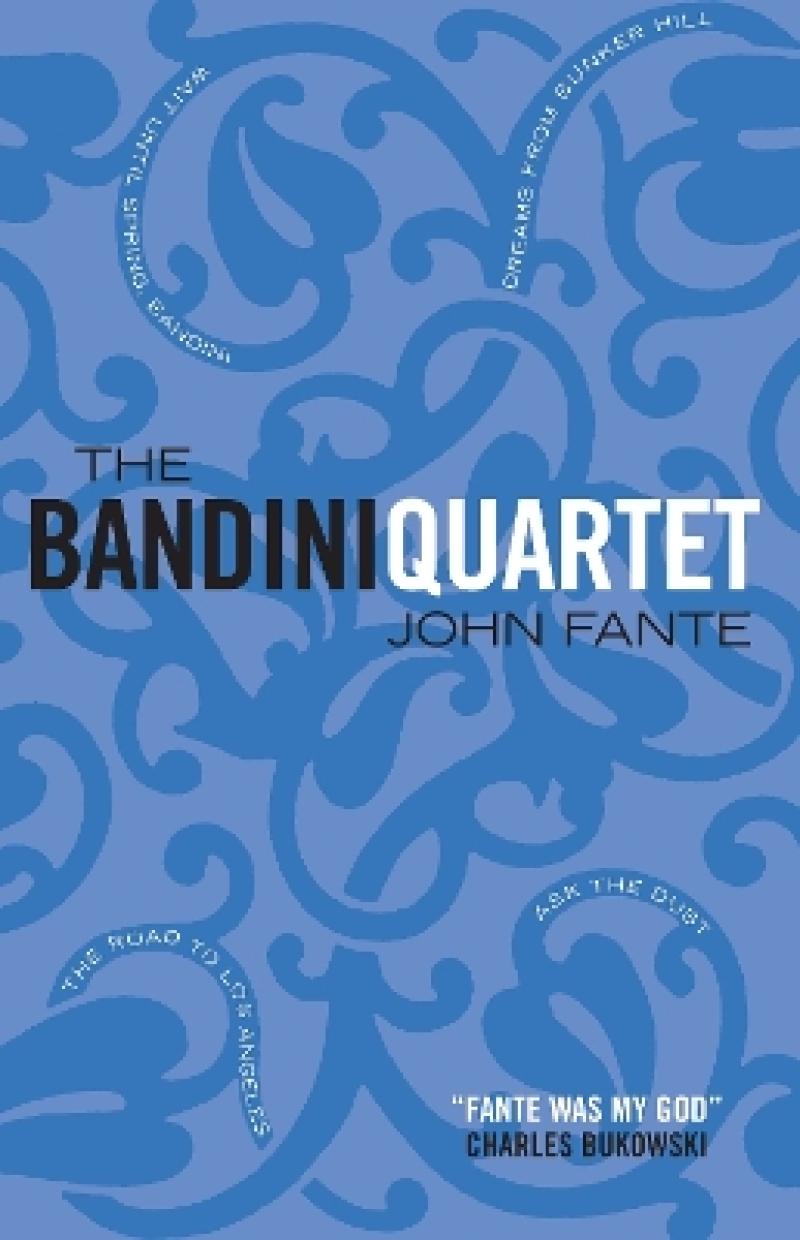Bandini is a magnificent creation, and his rediscovery is not before time.
* Times Literary Supplement *
John Fante knew how to make words sing. When he was on form, he could write sentences that stopped time.
* Uncut *
John Fante takes some beating . . . mean, moody, disturbing and intensely atmospheric.
* The Times *
Fante's searing, effortless style eschewed the refinement of Fitzgerald, the hubris of Hemingway and the panoramic vistas of Dos Passos. Instead he marshalled the raw materials of his own life - poverty, sex, paternal hatred, Catholic guilt, misplaced pride, hard drinking, labour, fighting, overarching literary ambition and the internecine hatred within immigrant communities in pre-war America - rendering the pain and comedy with such heartbreaking simplicity as to brook no hint of the literary zeitgeist.
* Dazed and Confused *
Possessing a style of deceptive simplicity, emotional immediacy and tremendous psychological point, among the novels, short stories and screenplays that complete his career, Fante's crowning accomplishment is the Arturo Bandini tetralogy.
This quartet of novels tell of Fante's fictional alter-ego Bandini, an impoverished young Italian-American escaping his suffocating home in Colorado for Depression-era Los Angeles. In the beginning, it is the triple weights of poverty, father and Church that Bandini struggles under but though the physical escape is complete, the psychological imprint continues as he comes to terms with love, desire and the knowledge his talent may not be recognised.
"Bandini is a magnificent creation, and his rediscovery is not before time." Times Literary Supplement
With introductions by Charles Bukowski and John Fante
One of the great outsider figures of twentieth-century literature, John Fante possessed a style of deceptive simplicity, full of emotional immediacy and tremendous psychological point. Among the novels, short stories and screenplays that comprised his career, Fante's crowning accomplishments were, for many, his four stories about a
certain uncomplicated character from the hills of Abruzzi. Collected together in one volume for the first time, The Bandini Quartet tells of Arturo Bandini, Fante's fictional alter ego, an impoverished young Italian-American who, armed with only a Jesuit high school education and the insane desire to write novels, escapes his suffocating home in Colorado to seek glory in a Depression-era Los Angeles. This edition also includes the first-ever UK publication of Dreams From Bunker Hill, the brilliant and final novel which a blind and wheelchair- bound Fante, nearing his death bed, dictated to his wife Joyce.
"A tough and beautifully realised tale . . . affecting, powerful and poignant stuff." Time Out
"John Fante knew how to make words sing. When he was on form, he could write sentences that stopped time." Uncut
"John Fante takes some beating . . . mean, moody, disturbing and intensely atmospheric." The Times
Design by James Hutcheson
